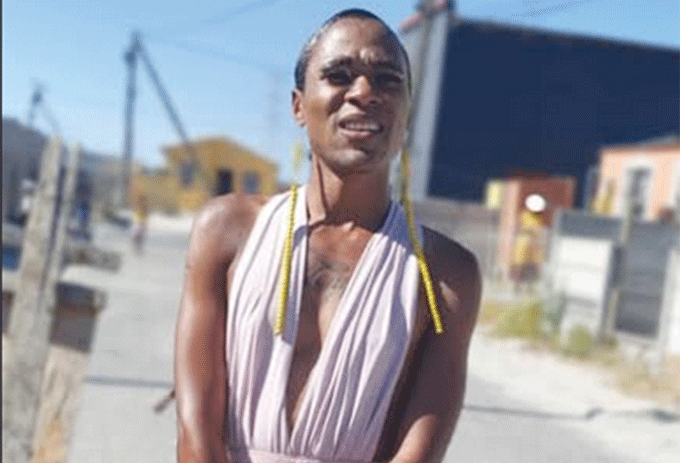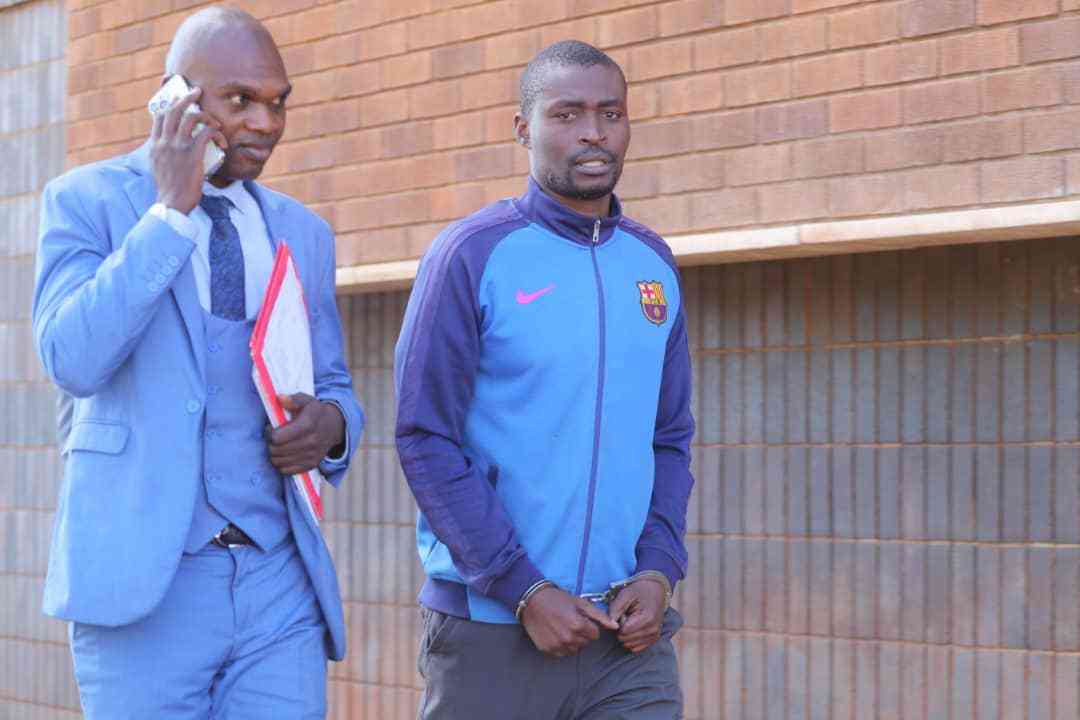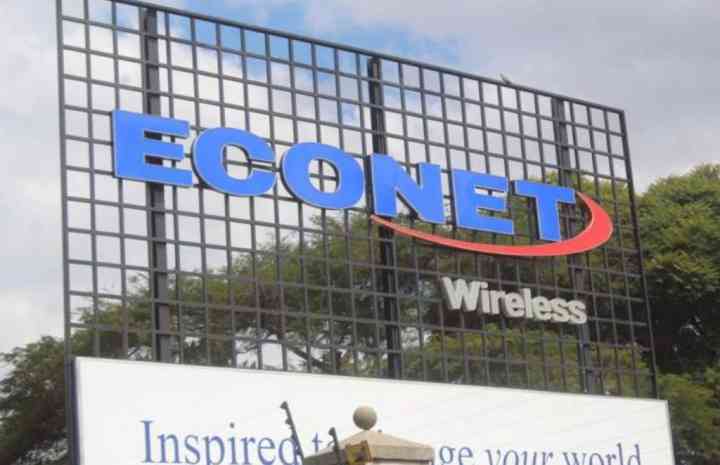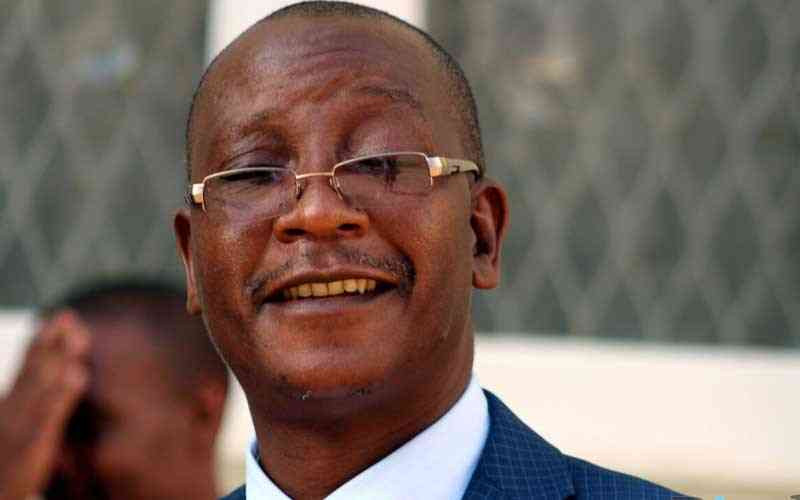
By Evans Mathanda Last year, South African celebrity Somizi Mhlongo was scheduled to travel to Zimbabwe as a guest of honour at the reopening of a top restaurant in Harare. But the trip never happened because there was strong criticism over his sexual orientation as a gay activist.
While other countries accept the Lesbian Gay Bisexual Transgender and Queer (LGBTQ) community, Zimbabwe’s Constitution does not speak of discrimination, but the LGBTQ community feels that there is a lot of discrimination against them. NewsDay digital and online reporter Evans Mathanda (ND) caught up with a Zimbabwean gay activist, Elton Bhebhe (EB), to discuss his experience as an LGBTQ person.
ND: Can you narrate your experience and how you have now become open about your sexuality? EB: It was not an easy journey because as I grew up knowing that I am gay, I had no one to share my feelings with. I grew up as a very secretive person.
I also grew up in a Christian family, and so expressing my sexuality was very difficult. For that reason, I just kept my feelings within me and I did not share with anyone up until I grew up.

That is when my family discovered that I was gay. This did not go down well with the family, who wanted me to grow up as a man, but there was a woman within me. However, as time went on, my family began to understand what it meant to be a gay person.
ND: According to Human Rights Watch, at least 69 countries, including Zimbabwe, have national laws that criminalise same-sex relations. Can you narrate your experience in terms of discrimination by friends and family members? EB: In terms of discrimination among family members and friends, I can say I went through the worst as regards being finally accepted as a transgender person. It was a difficult experience. I was called all sorts of names and was considered as a curse to the family.
However, I am glad that my family eventually understood my situation and accepted the person that I am. However, it was not easy for them.
ND: I understand you left Zimbabwe some years ago, and you have never been back. Did you leave the country in search of better job prospects like most Zimbabweans who are economic refugees in South Africa? EB: First of all, I am a professional beautician. When I finished my studies in Zimbabwe, the beauty industry was not paying enough in terms of salaries, so I had to relocate from Gweru to Bulawayo.
- Chamisa under fire over US$120K donation
- Mavhunga puts DeMbare into Chibuku quarterfinals
- Pension funds bet on Cabora Bassa oilfields
- Councils defy govt fire tender directive
Keep Reading
When I was working in Bulawayo, I found out that the South African beauty industry was paying more and I decided to move there. The economic situation in Zimbabwe forced me to decide to relocate to South Africa.
ND: It has been said that Zimbabwe is not a safe environment for the LGBTQ community, but some non-governmental organisations have been working tirelessly to advocate for their rights. We also have the Gays and Lesbians Association of Zimbabwe which is operating in the country, and so would you say Zimbabwe does not respect the rights of the LGBTQ people? EB: Zimbabwe should just appreciate that there are different sexualities and accept us as who we are because at the end of the day, we did not choose to be that, and we cannot control our feelings.
So as an LGBTQ community, we wish that the Zimbabwean government can accept us as who we are because we have a right to decide on what sexuality we want to be. There are so many LGBTQ people that left the country as asylum seekers. To get acceptance, we have even tried to petition the Zimbabwean government through its embassy in South Africa.
ND: Studies suggest that countries that are more inclusive of LGBTQ people have stronger economies and more productive workers since they are not excluded in society’s development initiatives. Do you believe that? EB: It has been reported in the media that most countries that support the LGBTQ community have stronger economies just because they accepted that the LGBTQ people exist, and that most of them are very talented and educated.
So that helps very much in giving back to the community. Human capital is what drives most economies in both developed and developing countries. If a country excludes the LGBTQ community, it will lose out in terms of economic development.
ND: Last year, South African celebrity Somizi Mhlongo was meant to travel to Zimbabwe for the reopening of a restaurant in Harare. That trip never happened. What do you make of this experience? EB: That Somizi experience left a bad reputation for the country. If we look at Zimbabwe, it has one of the largest LGBTQ community but they live in closets. So, blocking Somizi from visiting Zimbabwe was a very bad decision made by the government in my view.
Somizi’s trip was not necessarily about coming to Zimbabwe to promote the LGBTQ community, but to promote the restaurant business. So, for him to be blocked from taking part in other economic activities was a bad idea because he was coming for business, not for LGBTQ issues.
Somizi is just a crowd puller like any other celebrity. For me, it was for purposes of marketing the restaurant and had nothing to do with his sexuality.
ND: As a Zimbabwean based in South Africa, how do you think you will be able to interact with some of your friends when you visit your home country as a female? EB: I was confident enough to be open and notify my friends in Zimbabwe about my sexuality, so when I visit Zimbabwe again, I do not think they will be any problems because they now know about my sexuality.

ND: What is your message to the Zimbabwean government and the LGBTQ family in Zimbabwe? EB: My message to the Zimbabwean government is that it must consider our rights to access services such as health and education. We are humans just like every human being who is heterosexual. To my fellow LGBTQ community in Zimbabwe, say let us be united and fight for our rights to be considered as normal citizens.
- Follow Evans on Twitter @EvansMathanda19










